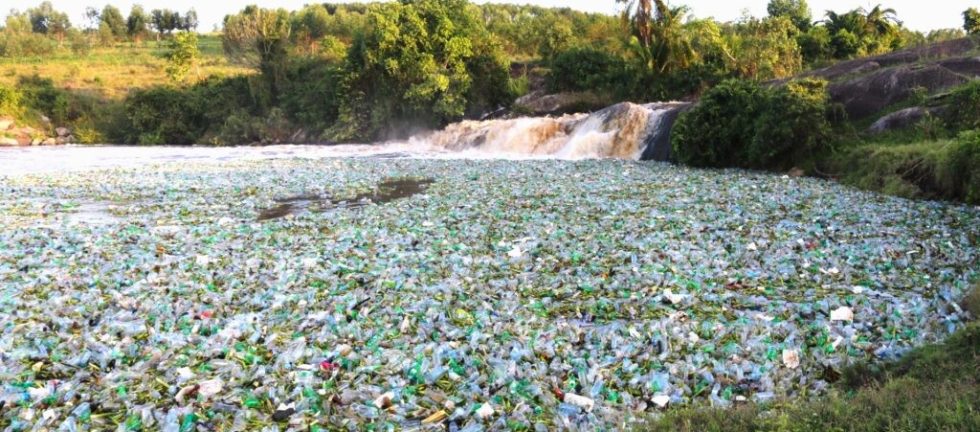Physical Address
Plot 123 Kampala, Uganda


As Uganda gears up to participate in the global celebration of World Environment Day on June 5, advocacy organizations are voicing concerns about the government’s relaxed stance on combating plastic pollution. Civil society groups highlight the urgent need for more aggressive measures to address this environmental crisis.
A recent report by environmental activists in Uganda has raised alarms about the deteriorating state of the environment. With record-breaking temperatures and the rampant pollution of water bodies and air by both industrial and household waste, the situation is dire. In Uganda, plastic waste, particularly from single-use plastics, significantly contributes to environmental degradation, clogging drainage systems, and threatening aquatic life. It is estimated that Uganda generates about 600 tons of plastic waste daily, with a significant portion ending up in waterways and wetlands.
Uganda’s National Environment Act of 2019 introduced several stringent regulations to curb the production and use of harmful single-use plastic items, specifically targeting those under 30 microns. Despite the progressive nature of this law, its implementation has been far from effective. Recent reports indicate that Lake Victoria, one of Uganda’s major water bodies, suffers from extensive plastic pollution, affecting both marine life and local communities who depend on the lake for their livelihood.
Frank Muramuzi, an environmental advocate, expressed his disappointment over the lax enforcement of this crucial law. He noted, “The inadequate enforcement has allowed the resurgence of these plastic bags, locally known as ‘kavera,’ undermining our environmental protection efforts.” He added that proper waste management practices and increased public awareness are crucial in mitigating plastic pollution. Plastic pollution exacerbates the effects of climate change, as plastics in landfills produce methane gas, a potent greenhouse gas contributing to global warming.
To address this issue, Uganda needs to implement and strictly enforce legislation that effectively bans the use of single-use plastics. Although the ban on plastic bags under 30 microns was introduced in 2007 and reinforced by the National Environment Act of 2019, the lack of enforcement has hindered its success. Stronger regulatory measures and penalties for non-compliance are essential to ensure that these laws have a tangible impact.
Environmental organizations in Uganda, along with other civil society organizations (CSOs), have actively participated in discussions with the Ministry of Water and Environment. These engagements included making recommendations to the Parliament on effective strategies for plastic management. “We proposed a phased approach to eliminate plastics, starting with those above 30 microns. Unfortunately, enforcement remains virtually absent,” Muramuzi lamented. He emphasized that stricter implementation could significantly reduce the volume of plastic waste choking Uganda’s urban areas.
Speaking at a press conference in Kampala, Muramuzi highlighted the upcoming World Environment Day activities. This year’s celebrations, slated for June 5 in Sironko district, will focus on the theme: “Land Restoration for Climate Resilience.” This theme underscores the need for sustainable land management practices that can enhance climate resilience. Additionally, local efforts such as community clean-ups and reforestation projects aim to address the environmental challenges posed by plastic waste. Sustainability practices, such as reducing plastic use and promoting recycling, are essential to ensure long-term environmental health.
In a global context, successful plastic pollution campaigns provide valuable lessons. For instance, Kenya’s stringent ban on plastic bags, enforced in 2017, serves as an exemplary model. The ban resulted in significant reductions in plastic bag usage, improved urban cleanliness, and positive impacts on wildlife. Learning from such initiatives could help Uganda strengthen its fight against plastic pollution and promote a cleaner, healthier environment for future generations.